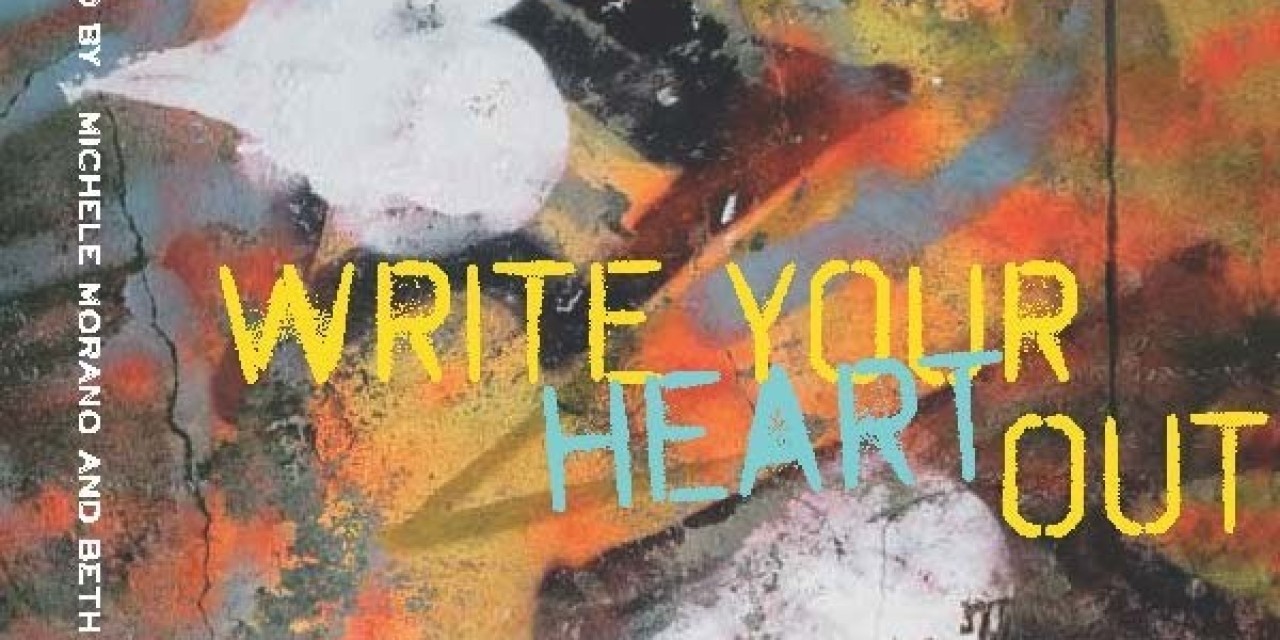Big Shoulders Books brings DePaul University English and Creative Writing graduate students together with members of different Chicago communities to publish quality works of writing by and about Chicaogans and distribute them for free to individuals and organizations across Chicago, nationally, and even internationally. Led by DePaul University English professors Miles Harvey, Chris Solis Green, and Michele Morano, the press is devoted to the twin goals of telling Chicago stories that might not otherwise be shared and teaching undergraduate and graduate students how to produce books.
Big Shoulders Books grew out of earlier publishing efforts by Green, who had collaborated with DePaul students and fellow faculty members on "A Writers' Congress: Chicago Poets on Barack Obama's Inauguration" (2009) and "Brute Neighbors: Urban Nature Poetry, Prose, and Photography" (2011). Harvey, meanwhile, had just begun a partnership with the Steppenwolf Theatre Company on a documentary theater project, How Long Will I Cry, based on interviews Harvey and his students had done with Chicagoans affected by gun violence.
The production toured Chicago as part of a collaboration with the Chicago Public Library. Despite working with a Tony award-winning theater company, Harvey was worried the production would not be successful in the neighborhoods most affected by gun violence. “I thought no one would show up in the neighborhoods that were most affected by gun violence, which, in our city, are still largely economically challenged areas, black and brown areas," Harvey says. "I thought no one would show up at these readings but, in fact, people were out the door. We saw instantly that just hearing their own stories with these professional actors, reading the narratives was really powerful.”
Realizing the power of personal narratives in fostering identity and healing, Green, Harvey and Morano wrote a grant for seed money to bring How Long Will I Cry into a book format, patterned loosely on the oral-history projects of Pulitzer Prize-winning writer Studs Terkel. After receiving a grant from the Vincentian Endowment Fund at DePaul, Big Shoulders Books was born. Green and Harvey worked with DePaul students to edit the stories and work them into a book. Green, Harvey, and Morano published the first edition of How Long Will I Cry in 2013, distributed copies of the book for free, and toured readings a second time across Chicago. For this second tour, professional actors worked in collaboration with contributors to the book, with actors reading some segments and community members reading others. As of 2022, How Long Will I Cry was in its eighth edition with more than 50,000 copies distributed worldwide. The book has been used in a wide variety of educational and social contexts. For example, the Cook County Jail ordered hundreds of copies of the book and used it for a number of years to raise empathy among teenage inmates, many of whom had been perpetrators of gun violence.
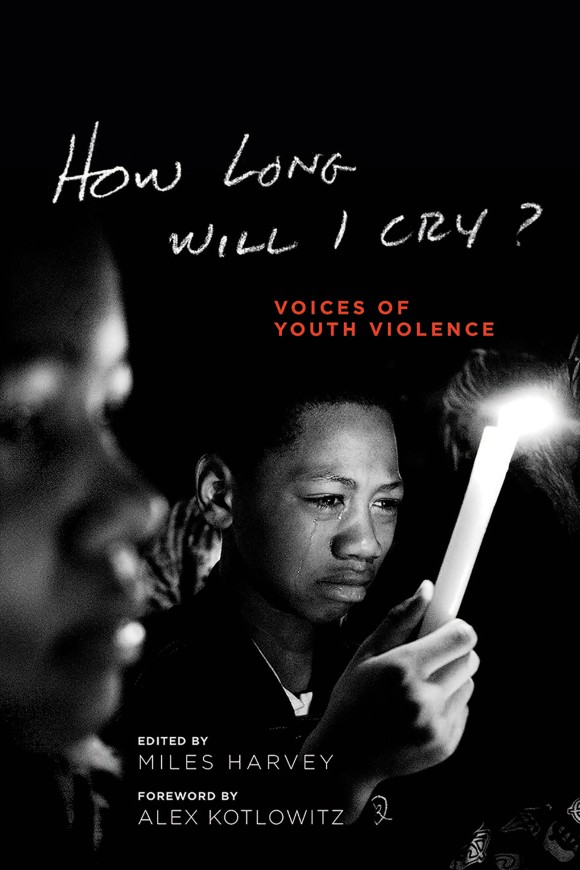
In 2015, How Long Will I Cry was followed by I Remember: Chicago Veterans of War, a collaborative publication led by Green and inspired by "An Illiad", a play narrated by a single character, the Poet, whose fate was to narrate all wars. Green based the format of I Remember on the premise that soldiers’ perspectives, rather than politicians’ perspectives, are crucial for public narratives of war. Green emailed veterans with an invitation to share their memories for a collaborative anthology on memories of wars the United States had been involved in.
Although the idea of the project was to return the power of narrative to those who had most direct experience with war, Green’s initial attempts to gather contributions from veterans were not fruitful. After his email solicitations largely went unanswered, he began attending Veterans of Foreign Wars (VFW) barbeques through invitation, and while he developed friendly relationships with veterans, veterans were still not readily sharing their memories with him. Green explains that through this process, he realized community publishing requires physical and emotional investments in building trust that are based on the unique needs of each community. “I was going around these barbecues asking people for their memories and finally, a veteran pulled me aside and said, ‘Look, most veterans don't want to remember'" Green recalls.
The project eventually began to take shape through an intimate process of one veteran sharing their memories and then recommending another who may be willing to share their experience, who would then recommend another.
Green had a rule that no one would be turned down for the project if they submitted a memory, and the format of the book is anonymous with memories listed by number, rather than by name. Contributors' names are listed at the end of the book associated with their respective memories. In that regard, the book mimics the way people are known by numbers rather than names in the military, and from the reader's perspective, it seems as though one veteran is remembering all of the wars. As one reads these memories, an awareness develops that every war is different, but also that every war is the same. As with How Long Will I Cry, Big Shoulders has held readings of I Remember across Chicago with chapters read by both professional actors and by veterans.
Big Shoulders Books has published five additional books since the publication of How Long Will I Cry and I Remember: Chicago Veterans of War, including "Write Your Heart Out: Chicagoland Teens on Relationships, The Garcia Boy: A Memoir by Rafael Torch, and American Gun: A Poem by 100 Chicagoans. All Big Shoulders Books include discussion questions at the end, which has facilitated their use in high school classrooms across the country. They have also been featured in a number of media stories and Book of the Month clubs.
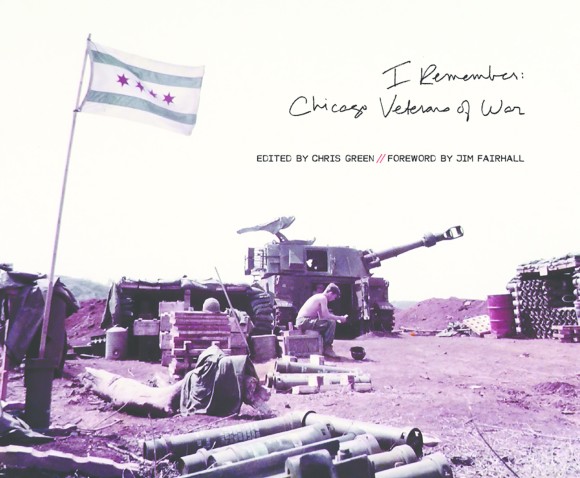
Using the term “literary service” to describe the full scope of this work on campus and in communities, Green explains that a core goal of Big Shoulders is demonstrating the value that the humanities can bring to improving social conditions: “To be able to use a literary form in a direct, powerful, communal way and create a chorus of voices from the community shows that the literary imagination is important for very practical life-saving reasons….The people that are in the books, who don't normally have a platform to share their stories, they take ownership of the book in a way that normally is just a single author,” Harvey further explains. “In this case, it could be 100 people who suddenly take ownership over their own stories, and they want to share them.”
As a teaching tool, Big Shoulders Books’ mission is also to show DePaul students that their humanities studies are intimately embedded in the real world. “Anything we can do to help our students connect their literary lives to their work lives is just vital because they are not two separate things,” Harvey notes. Because the DePaul graduate program has a training emphasis on publishing, its English and creative writing program students are full collaborators on the books Big Shoulders publishes. Working with the professors, with members of the community, and with other writers, students learn how to assemble and distribute a book from the initial stages of inception to the final stages of distribution. As such, the academic component of the projects has evolved to consist of three classes associated with each book Big Shoulders publishes: an editing class, an interview methods course, and a promotions class. The promotions class is taught by professional literary publicists, with students learning all aspects of how to promote a book. When launching each book, the students work with the professors and contributors to arrange a reading that often uses the approach piloted by How Long Will I Cry of partnering with professional actors and community participants to stage readings of the book.
Through Harvey’s “The Art of the Interview” course, students interested in pursuing community storytelling learn interviewing skills that are not solely focused on getting newsworthy information, but rather on understanding the deeper dimensions of a person’s life. “When we interviewed someone who saw their good friend shot, I urged my students not to say ‘Okay, let's start with your friend.’ It was always ‘let's start with a neighborhood. Let's start with your life. Let's start with the world you're in,”’ Harvey explains. While these interviews can sometimes generate over one hundred page transcripts, it is important for Harvey to teach the students how to gather stories that encapsulate the fullness of an individual’s positionality rather than one sensational aspect of their lives.
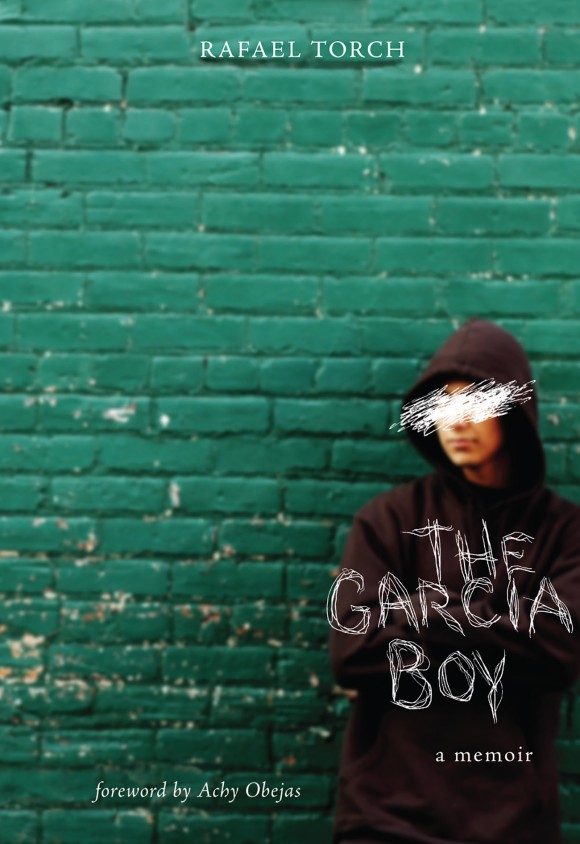
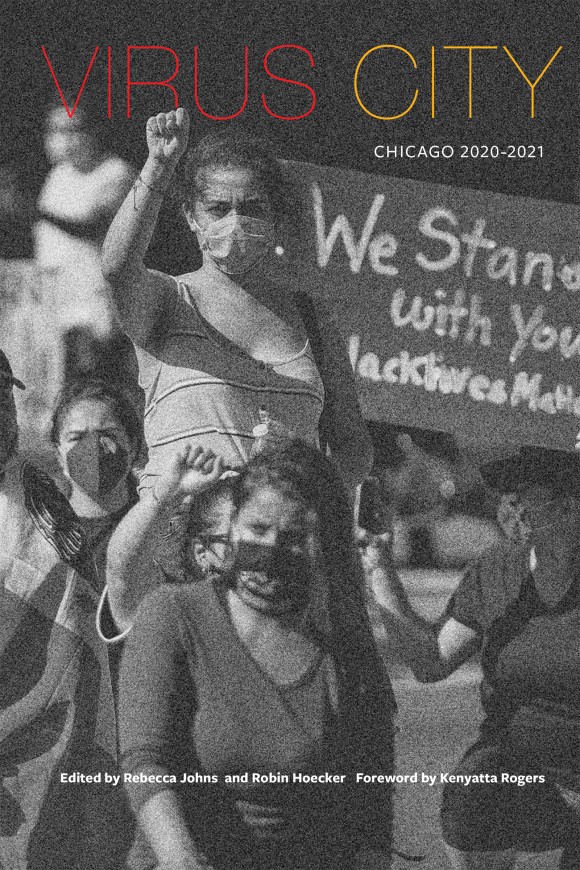
Since 2013, Big Shoulders Press has benefitted from funding from the William and Irene Beck Charitable Trust. This funding, and the relationship between the Trust and the press, has allowed the project to work improvisationally, at its own pace, and with methods intentionally focused on the process. Due to a strong trust built between the funders and the press’ creative leadership, Big Shoulders is able to lean into a level of introspection and experimentation that is typically difficult with grant-based funding that can often require rigid timelines, predetermined deliverables, and time-consuming reporting requirements. Further, Big Shoulders’ funding model allows it to give its books away for free without the need to recoup its costs through book sales. However, as Harvey is careful to point out, this level of freedom and flexibility does not indicate disorganization or lack of tangible outcomes. “This doesn’t mean we're not organized, but if we had been rigid people who needed a 20-year game plan, this never would have happened. So when all of the books need some improvisation, it's a high-wire act. We may have an idea that is great but doesn’t get off the ground. So we'll go with another one," Harvey says. "And it’s the same with classes. If we need a particular class for a particular project, we'll just add it to our curriculum.”
The latest Big Shoulders Books project is Virus City: Chicago 2020-2021, a collection of oral histories and photographs documenting the upheavals that shook Chicago during the COVID-19 pandemic. Edited by DePaul faculty members Rebecca Johns and Robin Hoecker, the book debuts in fall of 2022. Future books include projects on immigration and environmental justice, both of which will be produced in partnership with HumanitiesX, a Mellon Foundation-funded initiative at DePaul that pairs students and faculty members with community groups to utilize humanities methods in real-world projects. As always, the stories Big Shoulder Books tell are aimed to resonate with a demographically expansive readership, including many people who have not previously been avid readers. Harvey explains that hearing stories of how these books impact Chicaogans is one of the most powerful indicators of success for them. “It’s amazing to read the stories of people who have been readers of our books, teachers of our books," Harvey says. "Our books make it to a lot of classrooms, a lot of prisons, and we get these amazing stories like, ‘This kid never read before. Now she's running up and down the hallways handing out copies of the books.’”
March, 2023
